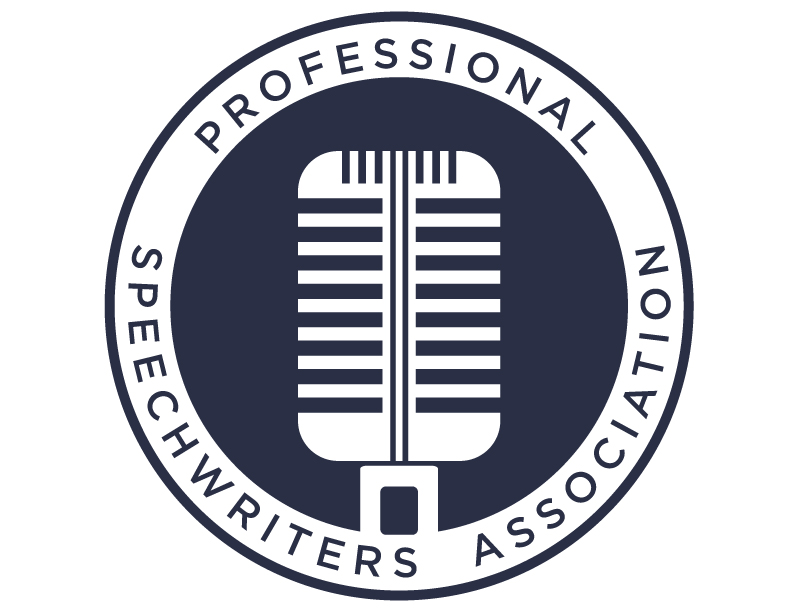Matt Latimer faces his peers at the Washington Speechwriters Roundtable
October 24, 2009
Members of the Roundtable were then treated to 40 minutes of Q&A, where Matt answered questions about whether he took notes for his book while in the job (yes, but they were actually for him as a speechwriter, to better understand his principal); whether he ever changed a speaker’s mind on something (yes, describing an incident when he was the only one who spoke truth to power when the Secretary of Defense gave an unintentionally flip answer about not being “Santa Claus” to Army families in Alaska who weren’t going to see their soldiers come home on schedule); and how much information White House speechwriters solicited from Cabinet speechwriters (surprisingly almost none, and Matt regretted not using their expertise).
Other questions addressed events covered in his book, such as whether he ever created a policy (yes, an international day of prayer, which started off as “a musing”), how to best gain access to the principal (he told how he needed to bring printed records showing cancelled meetings as ammunition—advice he received from former Reagan chief speechwriter Tony Dolan—to battle the Rumsfeld gatekeepers), and why President Bush was not a better speaker (he gave too many insignificant speeches at the insistence of Karl Rove, and it was almost impossible to get rid of a reputation earned early on as a phrase mangler, just like his father).
Matt also went into some detail on his critics (Bill McGurn, Dana Perino, Ed Gillespie and Bill Bennett), none of whom have answered his challenge to debate him on television, and all who resorted to ad hominem attacks instead of addressing issues about the veracity of his book. Matt noted that he’s angered people just about equally on the left and the right, so that reassured him he was correct in his assessments.
In fact, it’s becoming apparent that when people read the book before offering criticism—including newspaper editors and venue moderators—they actually like it.
And what’s not to like? It appeals to conservatives who feel betrayed by those in power who didn’t stand firm to conservative principals. It appeals to liberals who find their worst suspicions confirmed about the problems in the George W. Bush White House. It’s laugh-out-loud funny, with self-deprecating humor that shows the author doesn’t take himself too seriously. And it offers some fascinating perspectives very different from the standard public personas of Bush, Cheney, Rumsfeld, and even Ann Coulter—actually making them more likable.
With his depictions of some other people who worked above him, below him, and with him as colleagues, Matt certainly did burn a few bridges. But it’s probably a safe bet he won’t be returning to writing speeches anyway—between his disillusionment with the speech process in the White House, Hollywood now courting him with film projects, and his publisher asking him to begin a second book.
And all the early criticism of Speech-Less now seems completely unwarranted—especially any comparisons to Scott McClellan’s book, which was published while President Bush was still in office. What would be much fairer to note (and has not been done much) is that the most respected former American speechwriters who have gone on to second acts as writers under their own bylines (e.g. Sorensen, Safire and Noonan) also chronicled their own presidents’ times in office.
And one thing to add about those famous scribes of their White House days: None of them were even close to being as funny as Matt Latimer—both in print and in person.
Randy Lee is an organizer of the Washington Speechwriters Roundtable. He worked with Matthew Latimer for a time in the speechwriting office of Secretary of Defense Donald Rumsfeld.



